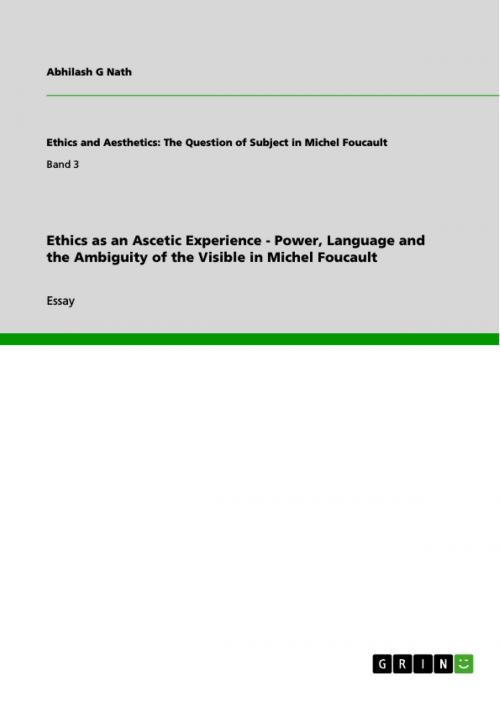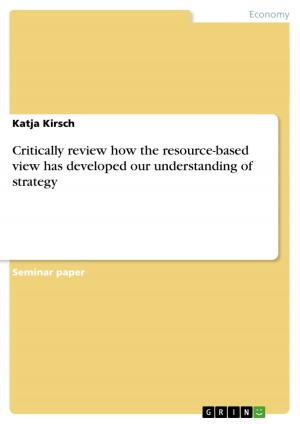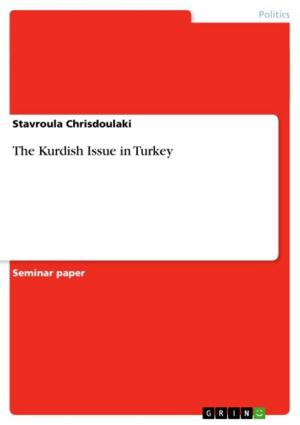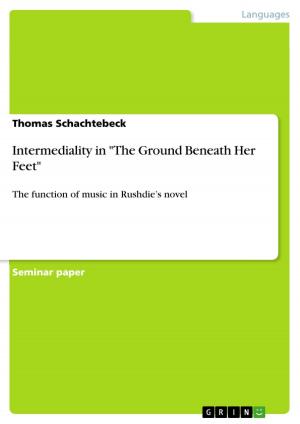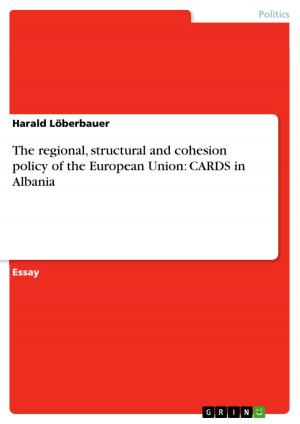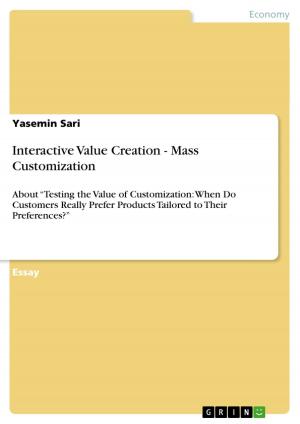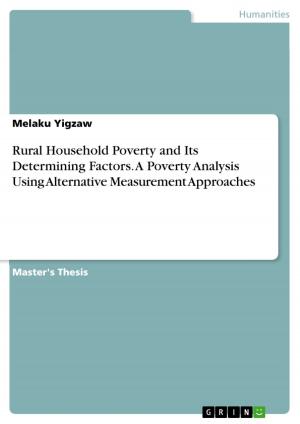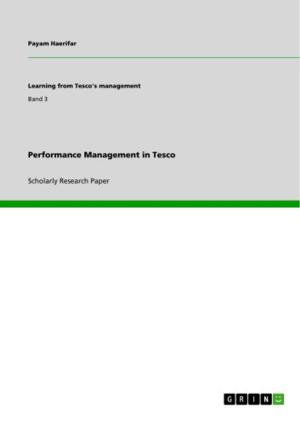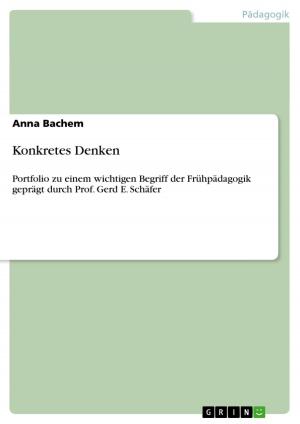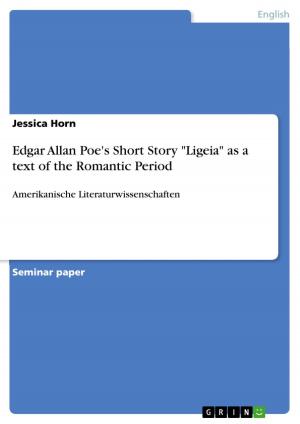Ethics as an Ascetic Experience - Power, Language and the Ambiguity of the Visible in Michel Foucault
Nonfiction, Religion & Spirituality, Philosophy, Modern| Author: | Abhilash G Nath | ISBN: | 9783640834204 |
| Publisher: | GRIN Publishing | Publication: | February 17, 2011 |
| Imprint: | GRIN Publishing | Language: | English |
| Author: | Abhilash G Nath |
| ISBN: | 9783640834204 |
| Publisher: | GRIN Publishing |
| Publication: | February 17, 2011 |
| Imprint: | GRIN Publishing |
| Language: | English |
Essay from the year 2011 in the subject Philosophy - Philosophy of the Present, , language: English, abstract: the directions often and repeatedly taken in most of the works that have been undertaken on Foucault are to place him within the general continental philosophy; to examine the theoretical and methodological breaks and continuities within his work and between his work and other major figures in the discipline; to examine the nature of his work, that is, to say whether he can be placed part on the thesis, the accepted 'classics' of Continental Thought, or with the postmodern, post-structural antithesis; to examine the outcome of his work or what impacts his work has had on Western culture. The present study rather asks a very simple and straightforward question and, that is, how did the way Foucault use historical archaeology allowed him, as an analyst, to change himself from within? Or how Foucault's usage of language constantly changed himself from within? Or what is there in language, if it comes from outside, that transforms the reader from within?
Essay from the year 2011 in the subject Philosophy - Philosophy of the Present, , language: English, abstract: the directions often and repeatedly taken in most of the works that have been undertaken on Foucault are to place him within the general continental philosophy; to examine the theoretical and methodological breaks and continuities within his work and between his work and other major figures in the discipline; to examine the nature of his work, that is, to say whether he can be placed part on the thesis, the accepted 'classics' of Continental Thought, or with the postmodern, post-structural antithesis; to examine the outcome of his work or what impacts his work has had on Western culture. The present study rather asks a very simple and straightforward question and, that is, how did the way Foucault use historical archaeology allowed him, as an analyst, to change himself from within? Or how Foucault's usage of language constantly changed himself from within? Or what is there in language, if it comes from outside, that transforms the reader from within?
